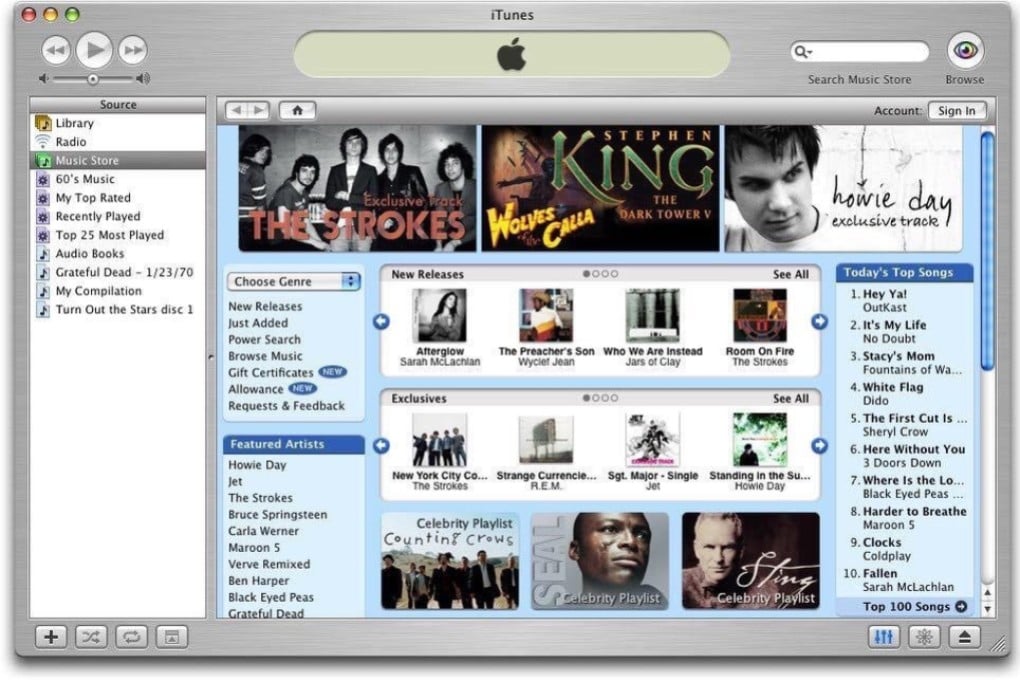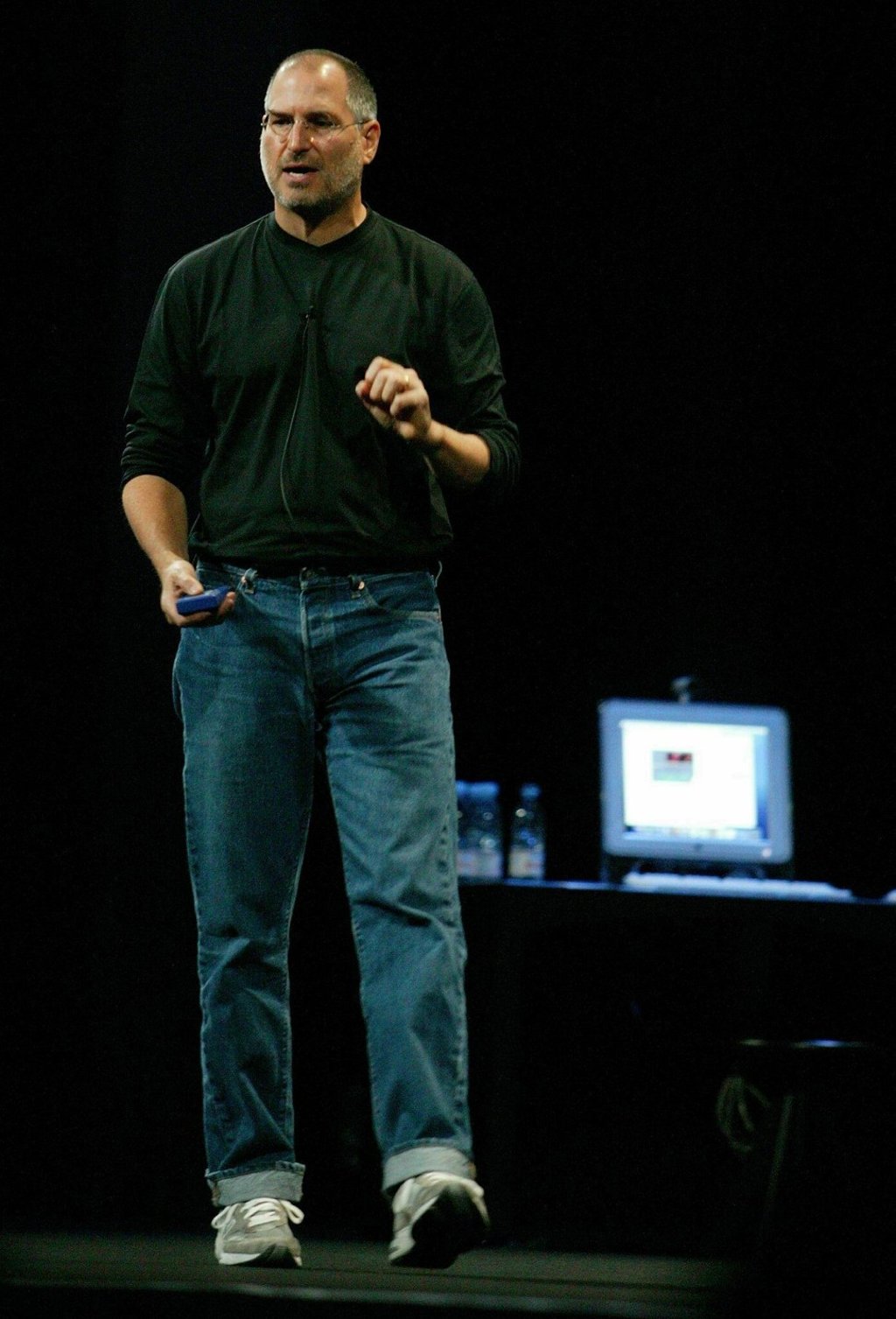Apple ends iTunes: Music, Podcast and TV apps replace it, but there’s no denying its legacy and cultural impact
- iTunes will be replaced by Apple Music, Apple Podcasts and Apple TV when consumers upgrade their MacOS software to the latest version
- But in 2003 it changed the way we bought songs and albums as the music business struggled with online piracy and file-sharing sites

After weeks of rumours, Apple made it official at yesterday’s Worldwide Developer Conference in San Diego: iTunes’ days are numbered.
When consumers upgrade their MacOS software to the latest version (10.15, nicknamed “Catalina”) this autumn, they will find iTunes replaced by three separate apps: Music, TV, and Podcasts.
Truth be told, few people will feel the difference post-iTunes. The software that was first announced by Steve Jobs in 2001 (but not released until 2003) as a “digital hub” has long outlived its usefulness, as every iTunes feature that once made the service indispensable to Apple users has been replaced by more efficient options or made entirely unnecessary – remember when we needed to plug new iPhones into iTunes just to activate the device?
In fact, the Music, TV, and Podcasts app that will replace iTunes on Apple computers have been on iPhones and iPads for years. This retiring of iTunes on MacBooks and iMacs is more a formality than real change.

But there’s no denying iTunes’ legacy and cultural impact. The US music industry, in particular, owe a debt to iTunes, as it almost single-handedly made paying for digital media a thing in the US.
Before iTunes, there were a few wild years in the late ’90s when the growth of the internet and file-sharing apps like Napster and Limewire made unauthorised sharing of digital music a real problem for record labels seeing declining CD sales.